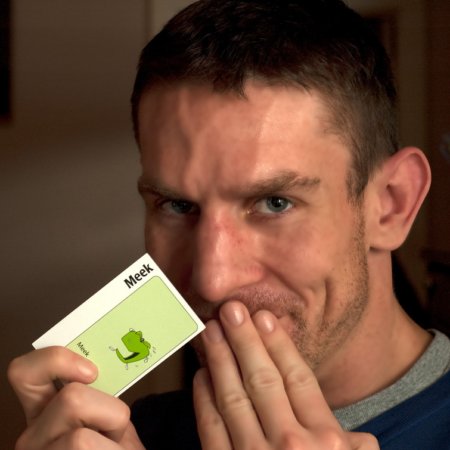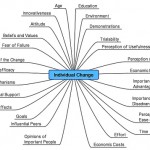A man’s character may be learned from the adjectives which he habitually uses in conversation. – Mark Twain
What does that mean?
While this quote shows up on many quote sites, I couldn’t find a definitive source for the quote, so it’s probably one of the “Twain-isms” floating around the internet. Even so, it’s an interesting quote, so I’ll examine it.
Adjectives are the words which modify nouns, which includes people, places, and things. Besides the usual ‘universal’ adjectives (swear words), the words used to modify or further describe a noun can reflect on the speaker.
Is everything gnarly, dude? What does that say about you, besides you’re from Southern California, and still stuck in the 1980’s? What character attributes would you imagine such a person would have?
What about people who tend to use diminishing or negative modifiers? What about people who use modifiers which emphasize their importance? Even more so if they also diminish the importance of others, right?
The patterns we use in our speech exist to help us get ideas and feelings out of our mouths. If we habitually think or feel a particular way, our mind develops patterns. And our mouths follow suit. And that could be a bit more revealing than you might like.
Why is minding what we say important? None of us have ever chosen poorly when trying to find the right word to say, right? Do you know anyone who made such an ill advised selection that they “put their foot in their mouth?” Just asking, because you probably never heard it happen, except on the TV or in movies, right?
In reality, we’ve probably all done it more times than we want to remember. While our intention wasn’t to hurt, so many words have multiple meanings, and listeners can misunderstand us. And our character traits can peek through from time to time.
People who are surly or grumpy will usually display their mood in their choices of words. While people who normally have sunny dispositions will sometimes use these words, it will not be a habit for them. And that is the point of the quote.
Where can I apply this in my life?
I would consider applying the mind prior to operating the mouth pretty much anytime. Same goes for the fingers, both for gesturing as well as typing, be it keyboard or phone. For those who still use pen and paper, that is another point where thinking twice before writing can save you from embarrassment.
Is there a pattern in the times you have messed your words? I’m dyslexic, and prone to Spoonerisms, so I’m constantly mangling words when I speak. People who know me understand and expect it. However, I try to think more and talk less when I’m around new people.
What are the ways you tend to mess up? Do you get tongue tied, or do you just say stupid tuff from time to time? Do you let some of the ‘real you’ shine through every once in a while? Or are you so tightly controlled that none of it ever sneaks out?
What can you do differently to change the less appealing adjectives in your vocabulary? Can you find a thesaurus (either online or in dead-tree form)? What some of the other ways you can say things which might reflect on you in a more positive light?
What can you do to be more precise and less off the cuff (especially when that causes you to go off at the mouth)? What can you use as a reminder to be a little more circumspect in these situations? How will you change things up, in order to improve yourself.
It’s not like you’re going to toast the “queer old dean,” I mean “dear old Queen,” anytime soon, but that doesn’t make things any less embarrassing when you blow it, right?
Have you ever taken time to consider your choice of words, and how it impacts your life? Will you do so now? What we think on a regular basis will eventually sink deep into us. It can impact our character and our speech patterns. How do you want to be known?
From: Twitter, @thequote
confirmed at : http://www.brainyquote.com/quotes/quotes/m/marktwain386299.html
Photo by David Goehring
Related articles
- Nouns with Adjectives (maxec07.wordpress.com)
- Adjectives (aiiulistya.wordpress.com)
- Control your thoughts; they may break into words at anytime. (philosiblog.com)







